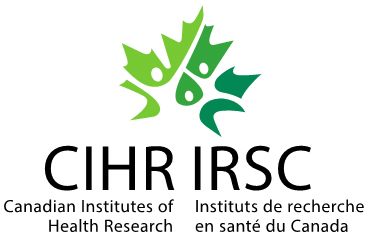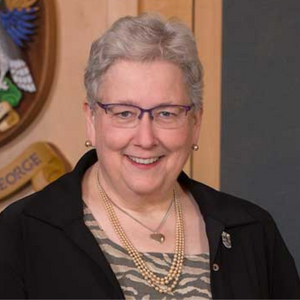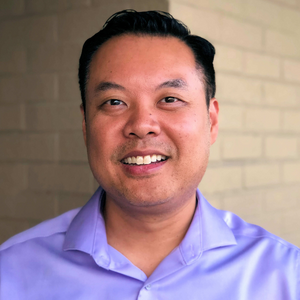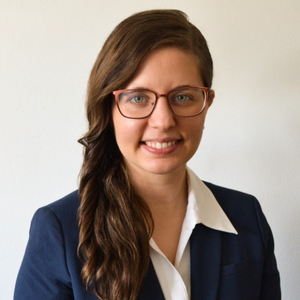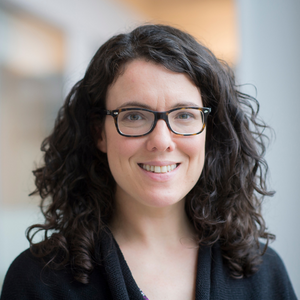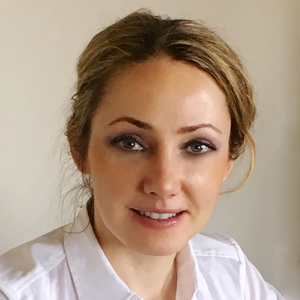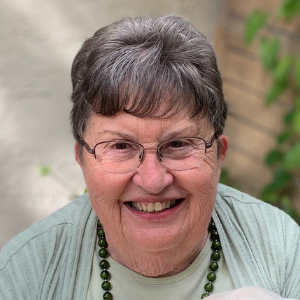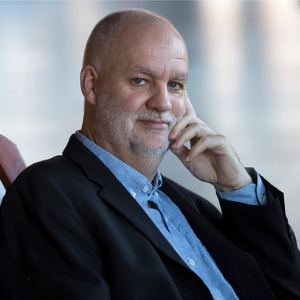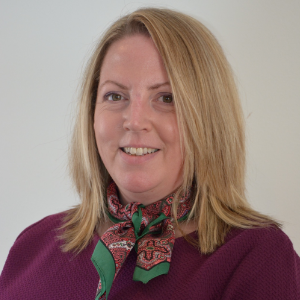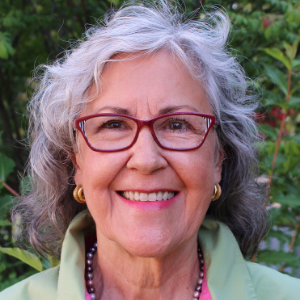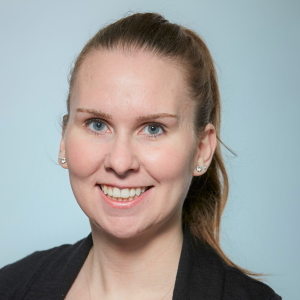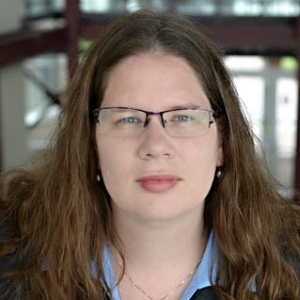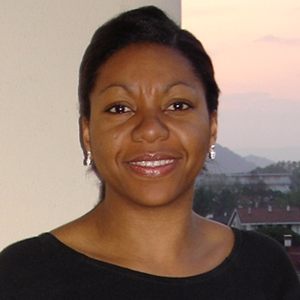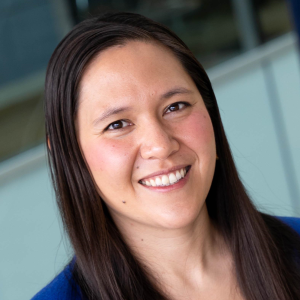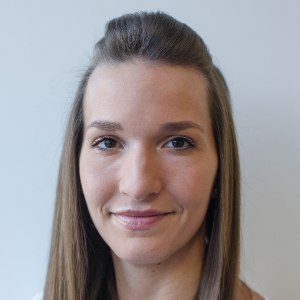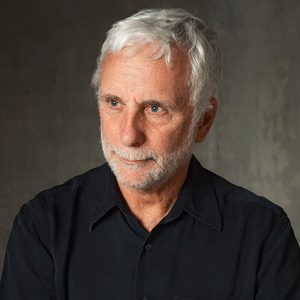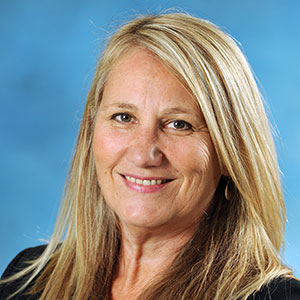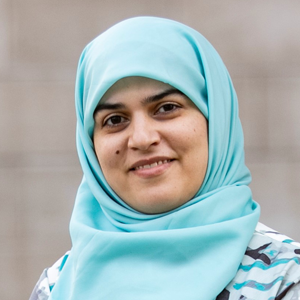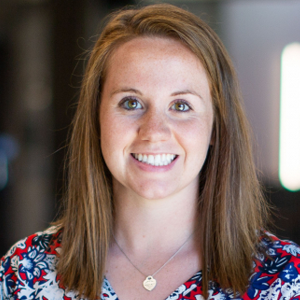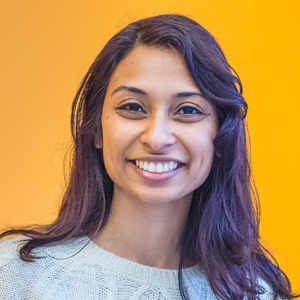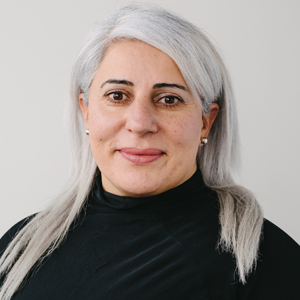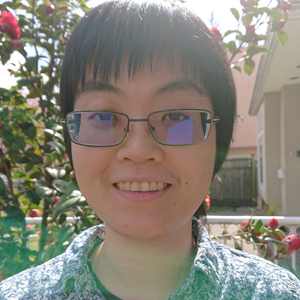Welcome to the last course of your EPIC-AT Fellowship, Understanding Innovation.
This course focuses on the design process of developing digital health solutions for older adults with complex health needs. The lessons encourage you to take an empathetic and iterative approach to designing solutions. Please watch the following welcome video by Bianca Stern, Executive Director of the Centre for Aging and Brain Health Innovation (CABHI), to learn more about the course and its objectives.
After completing this course, you will be able to:
- Define innovation, its lifecycle, and be able to incorporate applicable insights from the disciplines of design thinking and implementation science into your work.
- Describe the role of end-user engagement and empathy in innovation.
- Discuss the processes and the challenges in developing, sharing, and adopting innovation in an AgeTech context.
Required Group Work
During this course, you will be placed into groups of 3-4 based on skillsets and common research interests.
You and your group members will participate in a design challenge and must create a mock prototype for a given problem. Please note that each group will have their own allotted Slack Channel. Throughout this course, you will complete activities that will prompt you to think about how to approach and better understand what you are designing and the individuals or group you are designing for. Group activities will be completed within short, allotted times to encourage rapid decision-making and have strong deadlines (almost every Friday). At the end of the course, you and your group members will have created a sketch of a very early-stage prototype, which you will submit for feedback to older adult knowledge users from Leap. Leap is an online community created by CABHI, comprised of older adults and caregivers who “share, learn, and advise on solutions that are being developed to make aging better” (CABHI). The activities you complete as part of this course are meant to prepare you for your final EPIC-AT capstone project where you will work as a team to ideate and potentially prototype solutions to real-world problems presented by older adult, caregiver, industry, and community stakeholders.
Some deadlines to consider:
Please add these dates to your own calendars.
April 12 | Group Introductions |
April 12 | Group discussion of the problem statement and vote on the aspect(s) you would like to focus on. |
April 26 | Empathy map: Understanding needs, motivations, drivers, challenges and wishes |
May 3 | Understanding the problem context and framing the problem. |
May 5 | Ideation sprint. |
May 17 | Choosing strongest solutions and best prototype vote. |
May 31 | Final prototype sketch and prototype information sheet. |
Total Estimated time: 5-6 hours



